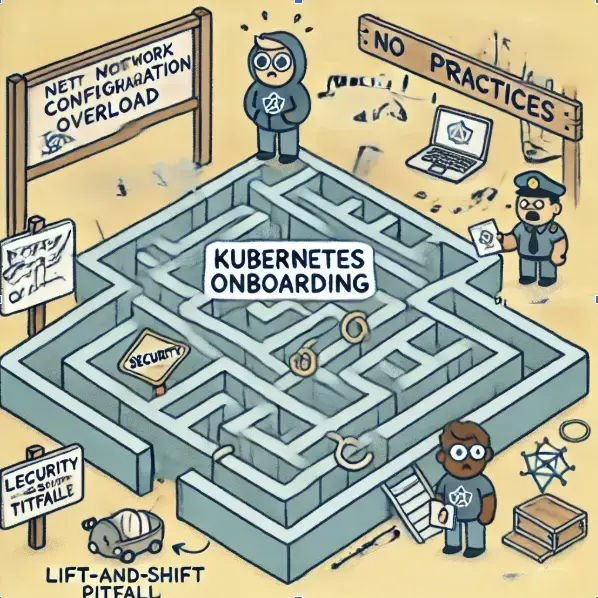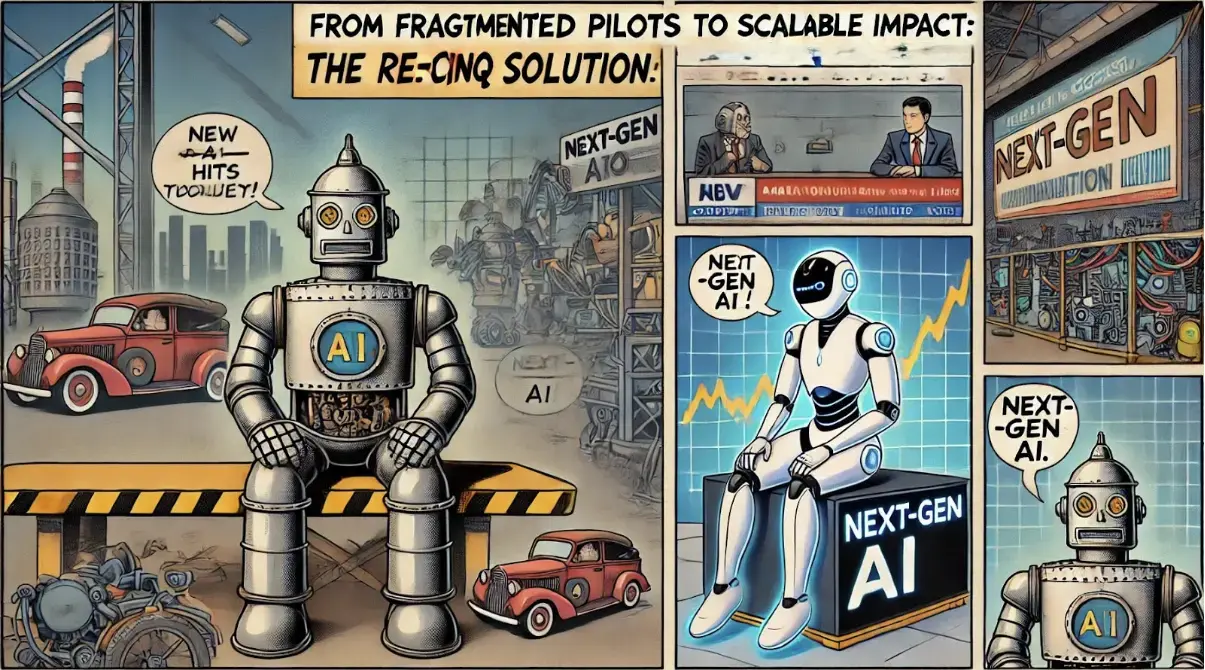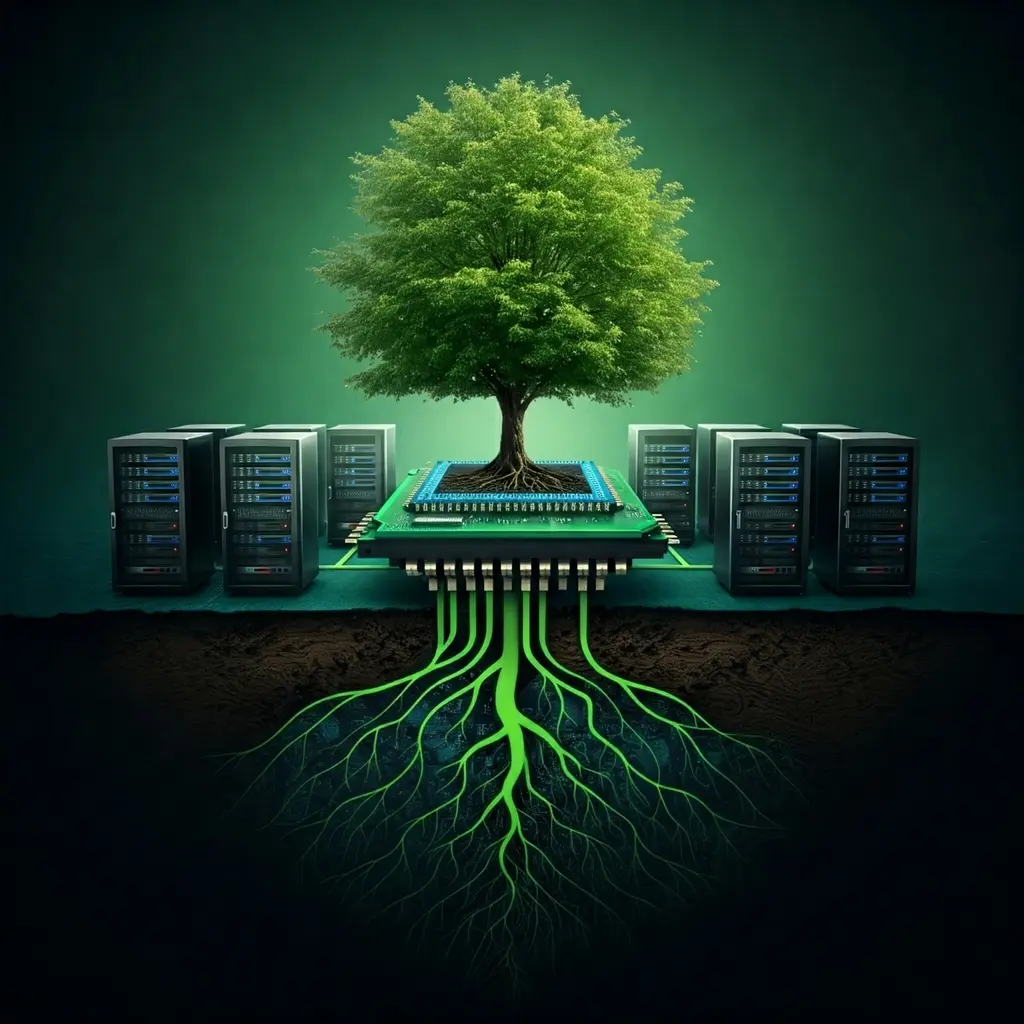McKinsey 2023 Report: Integrating Sustainability in Business Strategy

Navigating the ever-changing business landscape is a constant struggle for organisations, as they face constant disruptions and challenges. McKinsey’s recent report, The State of Organizations 2023 , identifies ten critical shifts that are transforming the way companies operate. Among these shifts, the emphasis on enhanced agility and robust corporate resilience stands out as a pressing concern.
The ten shifts in businesses
- Increasing speed, strengthening resilience
- ‘True hybrid’: The new balance of in-person and remote work
- Making way for applied AI
- New rules of attraction, retention, and attrition
- Closing the capability chasm
- Walking the talent tightrope
- Leadership that is self-aware and inspiring
- Making meaningful progress on diversity, equity, and inclusion
- Mental health: Investing in a portfolio of interventions
- Efficiency reloaded
Here, I aim to showcase how a strong focus on environmental, social, and governance (ESG) principles can empower organisations to better prepare for disruptions and emerge from challenges with renewed strength.
The Imperative of Agility and Adaptability
The COVID-19 pandemic, the war in Ukraine, and the ongoing Gaza conflict have served as stark reminders of the unpredictable nature of our world. These events have had a profound impact on businesses, exposing the vulnerabilities of unprepared organisations.
To successfully navigate these turbulent times, companies must cultivate a culture of agility and adaptability. This requires a shift from traditional, rigid structures to more fluid and responsive systems that can quickly adapt to changing circumstances.
Sustainability and ESG: Pillars of Resilience
In an era of escalating disruptions, sustainability and ESG (environmental, social, and governance) practices have emerged as critical foundations of organisational resilience. Embracing sustainability initiatives not only mitigates environmental impact and enhances resource efficiency but also reduces vulnerability to climate change-related risks and shifting regulatory landscapes.
ESG as a Catalyst for Innovation
ESG practices foster a culture of innovation within organisations. Companies committed to environmental sustainability are more likely to invest in renewable energy, carbon capture technologies, and circular economy solutions. This focus on innovation drives the development of new capabilities and expertise that can be harnessed to respond to future disruptions.
Diversity, Equity, and Inclusion for Resilience
Social sustainability practices, such as diversity, equity, and inclusion (DEI) initiatives, also play a vital role in building resilience. By creating a more inclusive and equitable workplace, organisations attract and retain a more diverse pool of talent, leading to greater agility and adaptability.
Governance Practices: The Cornerstone of Trust
Strong governance practices, including ethical leadership, robust risk management frameworks, and transparent reporting, further bolster organisational resilience. These practices instill trust among stakeholders, investors, and employees, making it easier for companies to navigate crises and rebuild public confidence.
The Interwoven Tapestry of Resilience and Sustainability
Sustainability and resilience are not merely parallel concepts; they are intrinsically linked. By embracing sustainable principles, organisations cultivate the agility, innovation, and risk management capabilities that are essential for weathering disruptions and emerging as leaders in an increasingly volatile world.
Integrating Sustainability for a Thriving Future
Organisations that integrate sustainability into their core strategies not only contribute to a healthier planet but also build the resilience that will enable them to not only survive but thrive in the face of future challenges. By embracing sustainability and ESG principles, businesses can navigate the turbulent waters of today and emerge stronger and more resilient for the future.









